It’s a belief I’ve held for a long time — that learning isn’t predetermined by our genes. It’s about growing, persevering, and learning through the process. I was especially mindful of this idea at this week’s wonderful Primary Summer Concert, which left me reflecting: do these amazing children have an innate talent, or have they achieved so much because of hard work and practice.
I believe it’s the latter. These children, their parents, and their teachers, all seem to share the belief that by trying and working hard, they will get better at what they do. This is what we call a growth mindset.
So, what is a growth mindset?
A growth mindset is the belief that abilities and intelligence can develop through dedication, effort, and learning from mistakes. It’s the idea that no one is “just bad at maths”, “can’t draw”, or “isn’t musical” — we all have the ability to improve if we keep trying and stay open to feedback.
This theory comes from the work of psychologist Carol Dweck, who found that students who believe they can grow are more likely to take on challenges, persevere when things get tough, and ultimately succeed in the long run.
Growth Mindset in Action
Here are a few ways we can encourage a growth mindset with our children:
- Celebrating effort, not just outcomes: Students are recognised for their hard work, improvement, and persistence — not just for getting good grades.
- Reframing mistakes: Teachers and parents help students see mistakes as part of the learning journey — not something to be feared or avoided. A mistake is an opportunity to learn.
- Using the power of "yet": We encourage students not to say “I can’t do this”, but to say “I can’t do this yet”, turning frustration into belief in future growth.
How Families Can Support a Growth Mindset
You can help nurture a growth mindset at home too! Try:
- Praising effort, not just results: “I’m proud of how hard you worked on that.”
- Sharing your own challenges and how you overcame them
- Being a learner – share your experiences of learning a new skill as an adult
- Encouraging children to try new things, even if they’re hard at first
Let’s work together to help every student see challenges as opportunities and believe in the power of not yet. With a growth mindset, there’s no limit to what our learners can achieve!
If you’re interested in finding out more about Carol Dweck’s theories, this YouTube clip is a great starting point – and it’s only 10 minutes long: https://youtu.be/_X0mgOOSpLU
John Dibdin
Head of Primary
Return to the newsletter



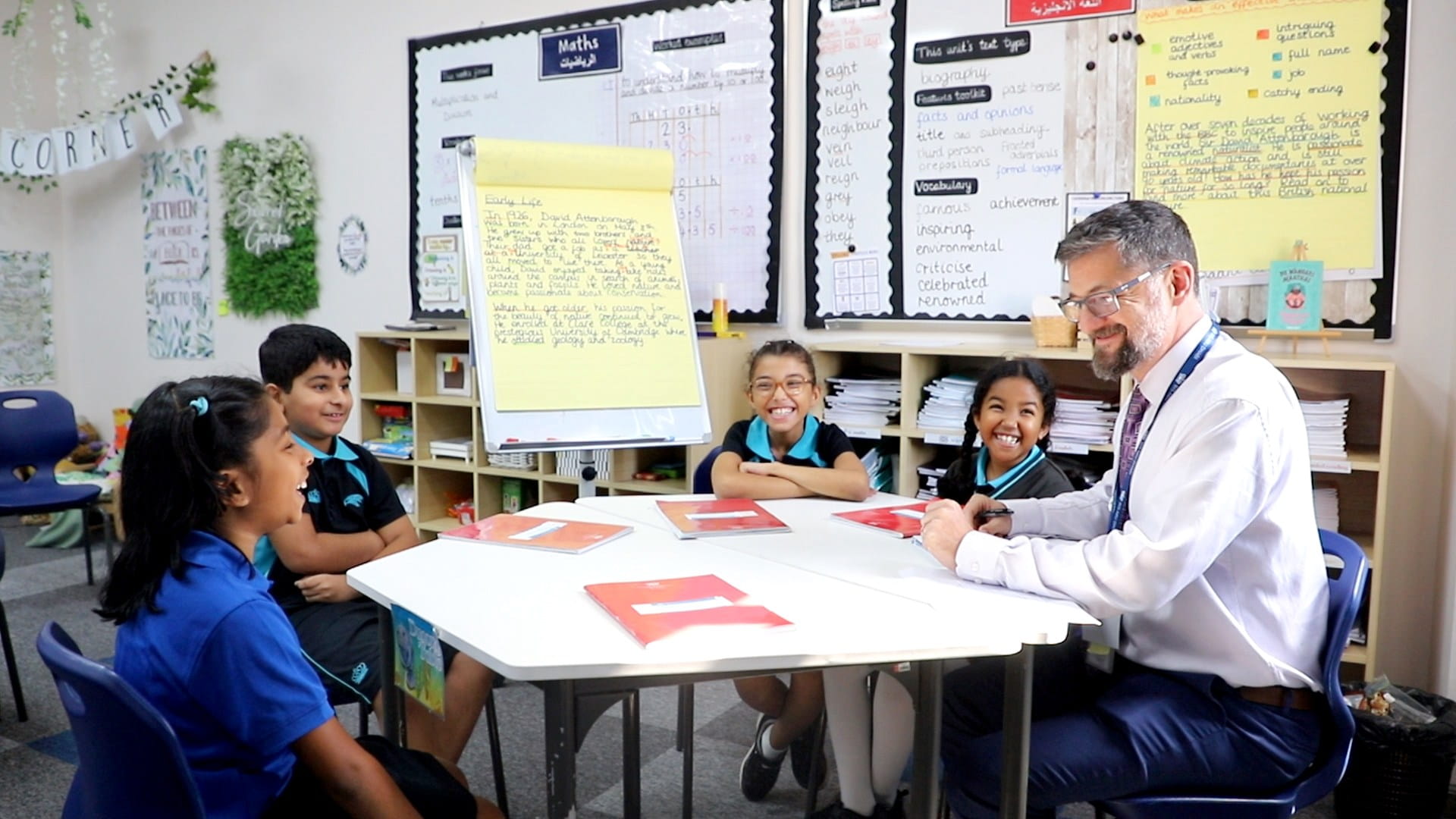
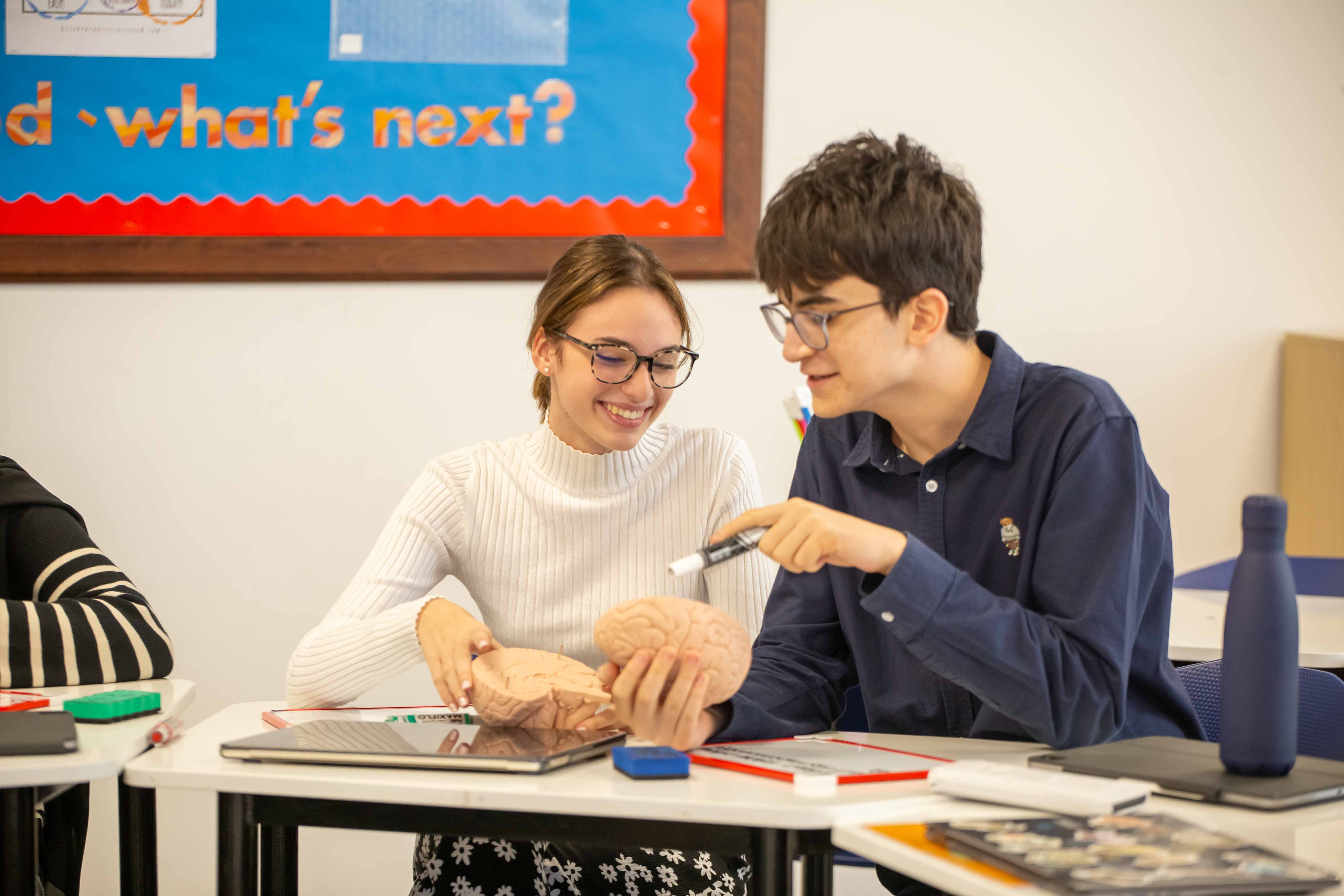
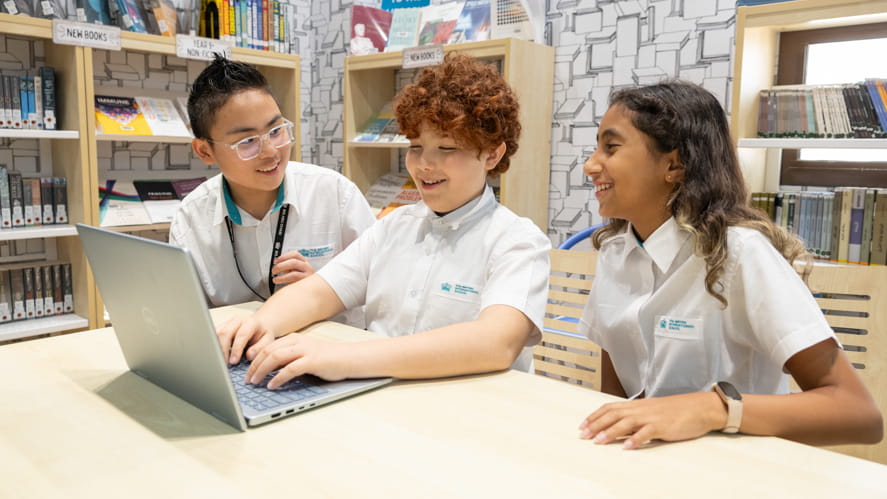
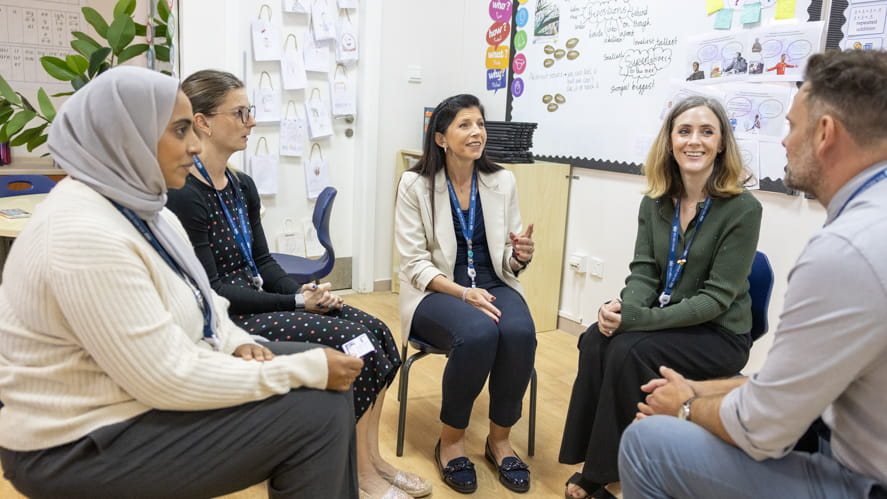
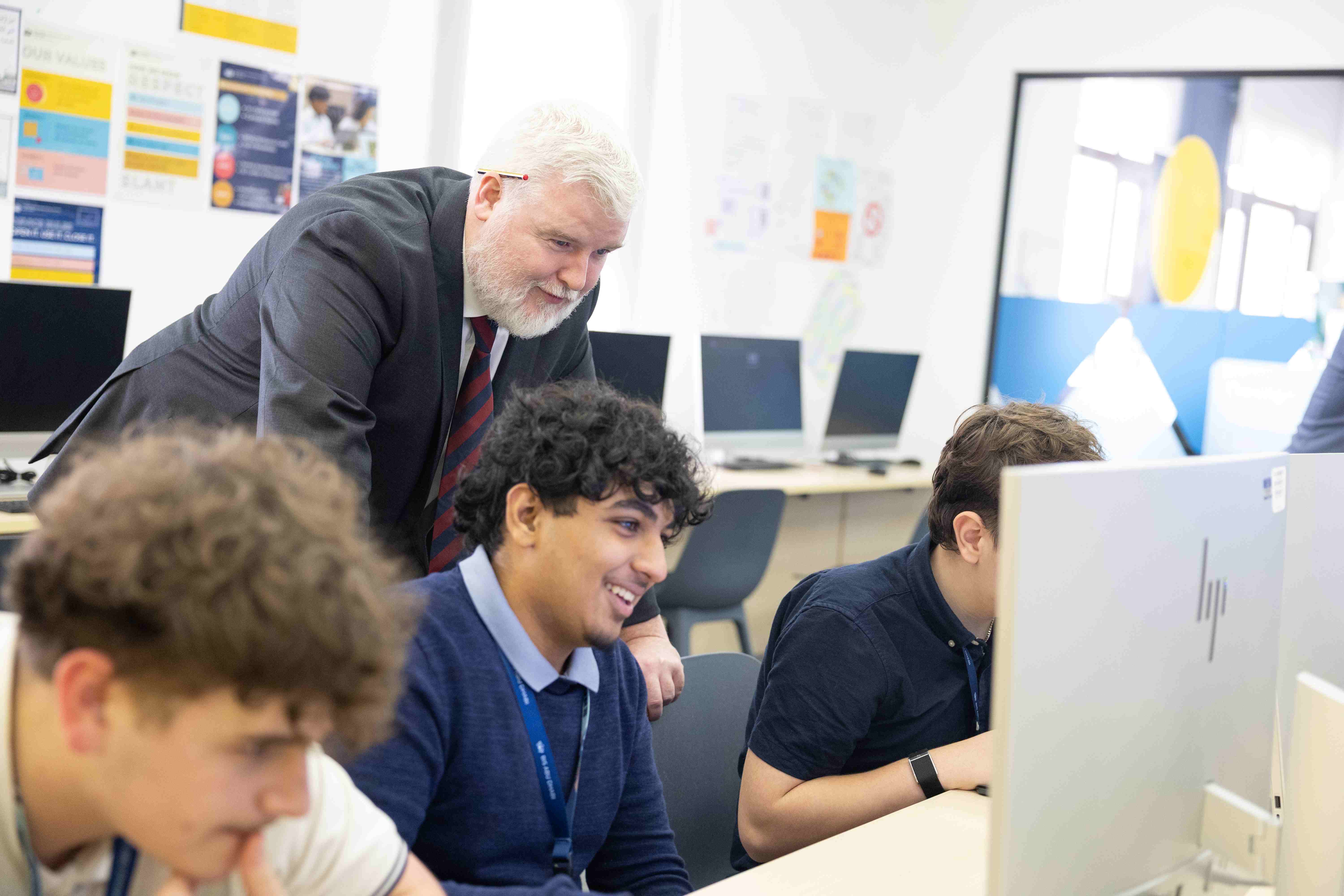
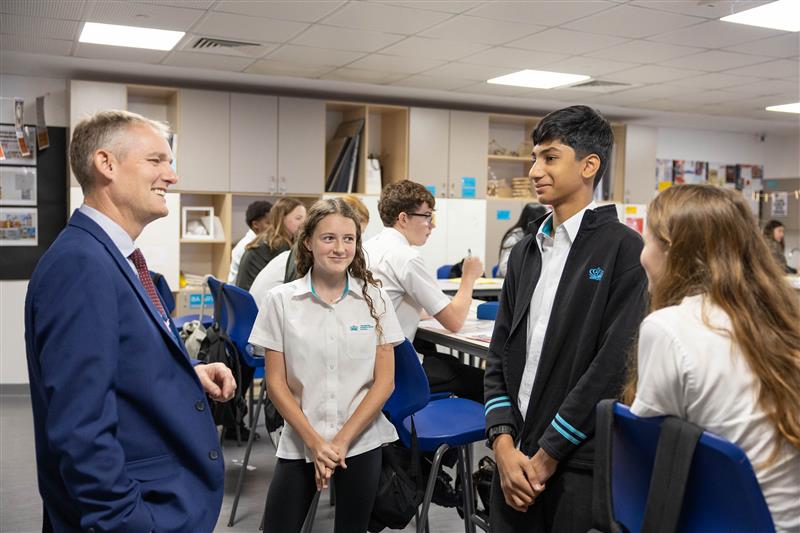
.png?rev=1619813b30a347d9bc71977e2cfe09d2&hash=66B98CDC659BBF07EB36660B4381E1E7)